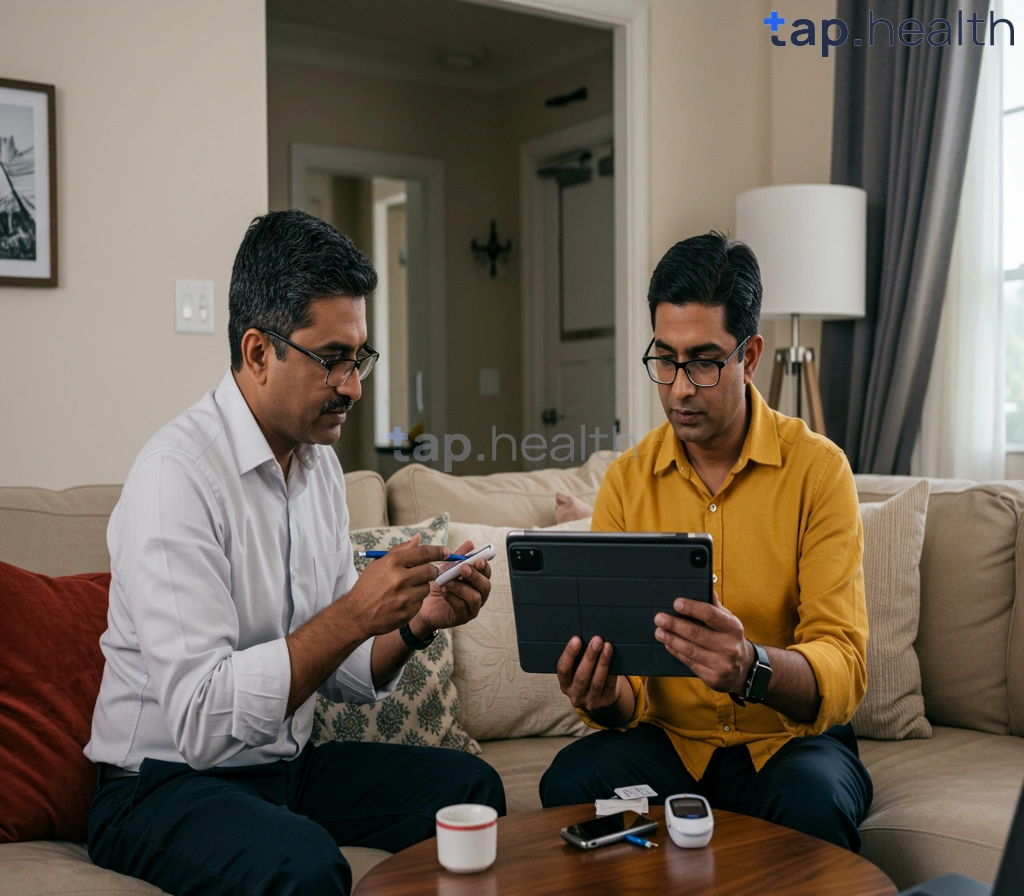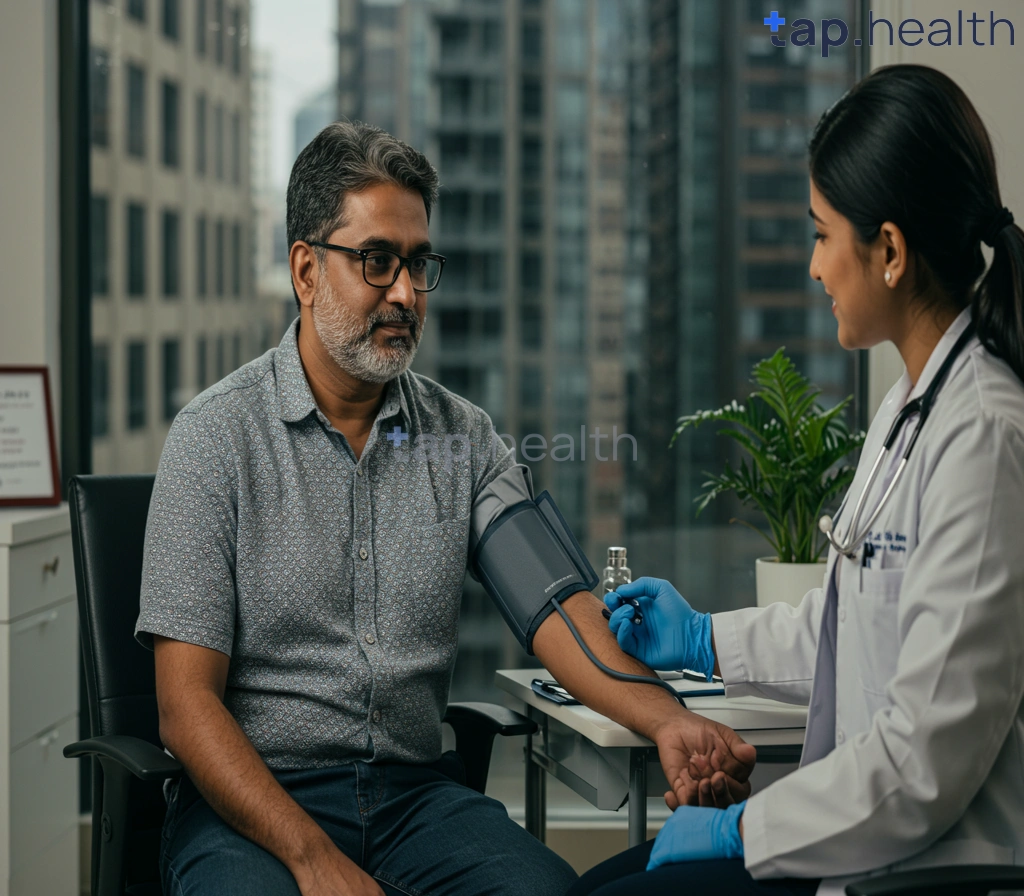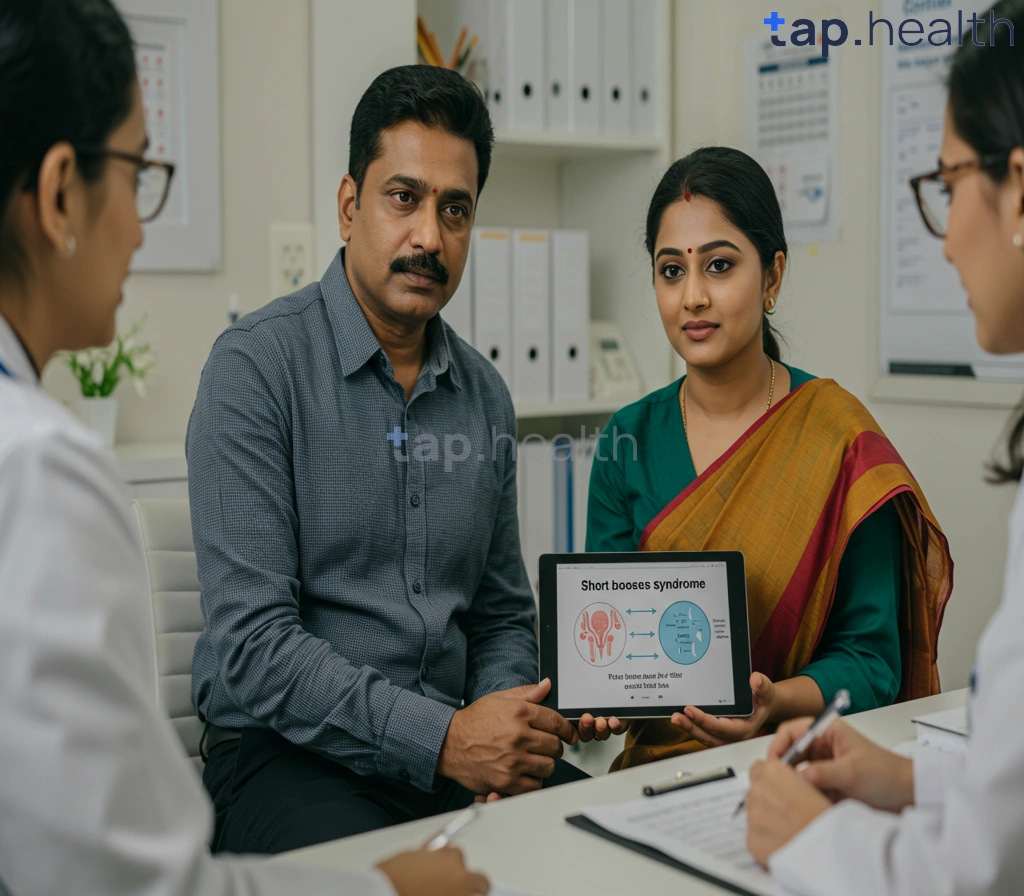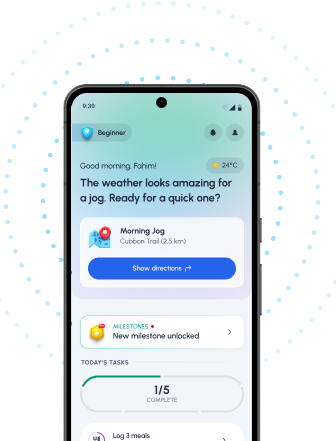Table of Contents
- Diabetes Management Post-COVID: A Comprehensive Guide
- Navigating Diabetes Challenges in a Post-Pandemic World
- COVID-19’s Impact on Diabetes: Treatment & Support Strategies
- Diabetes Education & Resources: Overcoming COVID-19 Barriers
- Improving Diabetes Care After COVID-19: Tips & Recommendations
- Frequently Asked Questions
- References
The COVID-19 pandemic dramatically altered life for everyone, but for those living with diabetes, the challenges were especially significant. Managing blood sugar levels became even more complex amidst lockdowns, supply chain disruptions, and increased stress. This blog post focuses on Diabetes Education: Navigating Challenges During and After COVID-19, offering practical advice and resources to help you better understand and manage your condition in the post-pandemic world. We’ll explore how the pandemic impacted diabetes care and provide strategies for building a stronger foundation for long-term health. Let’s work together to ensure you’re equipped to thrive.
Diabetes Management Post-COVID: A Comprehensive Guide
The global burden of diabetes is staggering, with 536.6 million people aged 20-79 living with the condition in 2021, a number projected to rise to 783.7 million by 2045. This increase is particularly concerning in Indian and tropical countries, where the prevalence of diabetes is often higher and access to quality healthcare may be limited. The COVID-19 pandemic further exacerbated these challenges, impacting diabetes management and increasing health disparities.
Addressing Post-COVID Diabetes Challenges in Tropical Climates
Many individuals with diabetes in India and tropical countries experienced disruptions to their healthcare during the pandemic, including difficulties accessing medication, routine check-ups, and specialized care. The added stress and potential for severe COVID-19 complications also negatively impacted blood sugar control. Maintaining consistent blood glucose levels is crucial, especially in hot and humid climates, which can further complicate diabetes management. Dehydration is a significant concern, requiring increased vigilance in fluid intake.
Practical Tips for Effective Diabetes Management
Post-COVID, prioritizing proactive diabetes management is essential. This includes regular blood glucose monitoring, adherence to prescribed medications, and adopting a healthy lifestyle. This necessitates incorporating a balanced diet rich in fruits, vegetables, and whole grains, and engaging in regular physical activity, even if it’s just a short daily walk. Seeking support from healthcare professionals and joining local diabetes support groups can significantly improve outcomes and provide a vital sense of community. In tropical regions, consider the impact of heat and humidity on your body and adjust your activity levels accordingly. Regular hydration is paramount. For more detailed advice on maintaining a healthy lifestyle, see our guide on 10 Proven Tips for Effective Diabetes Management.
Seeking Support and Resources
Access to affordable and accessible healthcare remains a critical challenge. Connecting with local diabetes clinics and support groups is crucial for receiving personalized guidance and resources tailored to the specific needs of the region. Don’t hesitate to seek help; proactive management is key to a healthier future. As you age, managing diabetes can present unique challenges. For insights and solutions to these, we recommend reading our article on Managing Diabetes as You Age: Challenges and Solutions.
Navigating Diabetes Challenges in a Post-Pandemic World
The global surge in diabetes cases, rising from 200 million in 1990 to a staggering 830 million in 2022 (WHO), underscores the urgent need for improved diabetes management, especially in the wake of the COVID-19 pandemic. The pandemic disrupted healthcare access and exacerbated existing health inequalities, particularly impacting individuals with diabetes in Indian and tropical countries.
Increased Risk and Healthcare Disruptions
Many individuals in India and tropical regions experienced significant disruptions to their diabetes care during the pandemic. Lockdowns limited access to essential medications, regular check-ups, and crucial diabetes education programs. This resulted in poorer glycemic control and increased risks of complications like diabetic ketoacidosis (DKA) and cardiovascular events. Furthermore, the pandemic placed a strain on already overburdened healthcare systems, making it challenging for individuals to receive timely and appropriate care. Delayed diagnosis and treatment significantly worsen outcomes.
Adapting Diabetes Management Strategies
Post-pandemic, a proactive approach to diabetes management is vital. Regular monitoring of blood glucose levels remains crucial, along with adherence to prescribed medications and a healthy lifestyle. Telemedicine offers a promising avenue for improved access to care, particularly in remote areas. Embracing digital health tools and engaging with online diabetes support groups can significantly improve management and provide emotional support. For those considering travel, Traveling with Diabetes: Essential Tips for a Safe & Healthy Journey offers valuable insights.
Prioritizing Diabetes Education in India and Tropical Countries
Increased awareness and targeted education programs are paramount in addressing the challenges of diabetes management in India and tropical countries. These programs should focus on promoting healthy diets rich in local produce, encouraging regular physical activity adapted to local climates, and fostering community-based support networks. Investing in accessible and culturally sensitive diabetes education materials is essential for empowering individuals to take control of their health. Access to affordable insulin and other essential diabetes medications must also be a priority. Maintaining a strong immune system is also vital, and Boosting Immunity While Managing Diabetes provides helpful strategies. Let’s work together to improve diabetes care and outcomes in our communities.
COVID-19’s Impact on Diabetes: Treatment & Support Strategies
The COVID-19 pandemic significantly impacted healthcare access globally, particularly for individuals with chronic conditions like diabetes. This is especially relevant in Indian and tropical countries, where access to quality healthcare can already be challenging. The disruption to routine care, coupled with increased stress and potential for infection, presented unique obstacles for managing diabetes effectively. A significant portion of the global diabetes population, 61% of whom are aged between 20-64 years, faced these challenges disproportionately. This age group is often most active in work and family life, making consistent diabetes management even more crucial. The pandemic also highlighted the mental health challenges faced by those with diabetes; learning more about the impact of diabetes on mental health is crucial for holistic care.
Addressing Treatment Gaps During and After COVID-19
Many individuals with diabetes experienced delays or interruptions in accessing essential medications, supplies, and routine check-ups during the pandemic. The fear of infection also prevented many from seeking necessary medical attention. This resulted in poorer glycemic control and increased risk of complications. In resource-constrained settings prevalent in many Indian and tropical countries, these disruptions had particularly devastating consequences. Prioritizing regular check-ups and maintaining consistent medication adherence are now more critical than ever. It’s also important to consider the role of dietary supplements; safe and effective dietary supplements for diabetes care can play a supporting role, but should always be discussed with a healthcare professional.
Strengthening Support Systems
The pandemic highlighted the importance of robust support systems for individuals with diabetes. Telemedicine emerged as a valuable tool, offering remote consultations and monitoring. However, digital literacy and access to technology remain significant barriers in many regions. Building community-based support networks and promoting accessible diabetes education programs are crucial, particularly for the 39% of people with diabetes aged 65+, who may face additional challenges accessing and utilizing digital healthcare resources. Community health workers can play a vital role in bridging these gaps.
Moving Forward: Prioritizing Diabetes Care in Indian and Tropical Countries
Strengthening healthcare infrastructure, investing in diabetes education and awareness programs tailored to the specific needs of these regions, and promoting accessible telehealth solutions are essential steps towards ensuring better diabetes management and improved health outcomes. Proactive measures are key to mitigating the long-term effects of the pandemic on diabetes care.
Diabetes Education & Resources: Overcoming COVID-19 Barriers
The COVID-19 pandemic significantly impacted diabetes management globally, particularly in Indian and tropical countries. A staggering 50% of diabetes cases worldwide remain undiagnosed, according to the International Diabetes Federation, highlighting a critical need for improved access to education and resources. This is especially true in regions facing challenges like limited healthcare infrastructure and socioeconomic disparities.
Addressing Access Barriers
The pandemic disrupted routine healthcare, making it difficult for individuals with diabetes to access essential services, including regular check-ups, medication refills, and diabetes education programs. Many telehealth initiatives emerged, but digital literacy and reliable internet access remain barriers in many Indian and tropical communities. Improved access to affordable technology and digital literacy programs is crucial.
Prioritizing Preventative Care
Beyond immediate access, the long-term impact of COVID-19 on diabetes management requires a proactive approach. This includes strengthening preventative measures, such as promoting healthy lifestyles through public health campaigns focused on nutrition, physical activity, and early detection. Focusing on community-based education programs tailored to local contexts can significantly improve outcomes. Learning more about how diabetes education enhances health outcomes is crucial for developing effective strategies.
Empowering Communities
Effective diabetes management in Indian and tropical countries needs to involve community health workers and local leaders. They can play a vital role in disseminating information, addressing local misconceptions about diabetes, and facilitating access to care. Investing in training and empowering local healthcare workers is essential. Furthermore, understanding how to protect your heart from diabetes risks is a key component of preventative care.
Next Steps: Seeking Support
If you are living with diabetes or have concerns about your risk, seek immediate medical attention. Connect with your local healthcare provider, community health centers, or diabetes support groups to learn more about available resources and support programs in your area. Early detection and consistent management are key to preventing serious complications.
Improving Diabetes Care After COVID-19: Tips & Recommendations
The COVID-19 pandemic significantly impacted healthcare access globally, particularly for individuals managing chronic conditions like diabetes. In India and other tropical countries, this disruption may have exacerbated existing challenges. It’s crucial to remember that up to 80% of Type 2 diabetes cases can be delayed or prevented through lifestyle changes, a fact underscored by research. This highlights the importance of proactive diabetes management, especially post-COVID-19.
Prioritizing Regular Check-ups
Regular monitoring of blood sugar levels, along with routine consultations with healthcare professionals, is paramount. Post-COVID-19, many individuals experienced delays in accessing these essential services. Now is the time to prioritize scheduling these appointments and ensuring consistent monitoring to manage your diabetes effectively. This is especially vital in regions with limited healthcare resources.
Adopting a Healthy Lifestyle
The cornerstone of effective diabetes management remains a healthy lifestyle. This includes a balanced diet rich in fruits, vegetables, and whole grains, appropriate for the tropical climate, and regular physical activity. Consider incorporating traditional Indian exercises like yoga or brisk walks into your routine. Managing stress, a significant factor influencing blood sugar levels, is equally important. For more simple, effective ways to manage your diabetes, check out this helpful guide: 10 Proven Tips to Effectively Manage Diabetes | Simple Guide.
Accessing Support and Resources
Many governmental and non-governmental organizations offer support and resources for diabetes management in India and other tropical countries. Leveraging these community-based programs and support groups can prove invaluable in navigating the challenges of diabetes management, especially after the disruptions caused by the pandemic. Actively seeking information and participating in these programs can significantly improve your overall health outcomes. Seek out local resources to address your specific needs and access appropriate support. Learning how to prevent long-term complications is also crucial. This article provides easy tips to help you do just that: How to Prevent Long-Term Complications of Diabetes: Easy Tips.
Conclusion
Taking control of your diabetes is a journey, not a destination. By prioritizing regular check-ups, adopting a healthy lifestyle, and actively seeking support, individuals in India and other tropical countries can effectively manage their diabetes and improve their quality of life, even after the disruptions caused by COVID-19. Remember, making even small changes can have a big impact on your long-term health. Lifestyle changes are key to managing this condition.
Frequently Asked Questions
Q1. How did the COVID-19 pandemic affect diabetes management?
The pandemic caused major disruptions to diabetes care, particularly in places like India and other tropical countries. People struggled to get medication, see their doctors for regular checkups, and access specialized care. This led to worse blood sugar control and a higher risk of complications.
Q2. What are the key steps to managing diabetes effectively after the pandemic?
Proactive management is vital. This means regularly checking your blood sugar, taking your medication as prescribed, and adopting a healthy lifestyle with a balanced diet and regular exercise. Telemedicine and support groups can be very helpful.
Q3. What resources are available to help manage diabetes, especially in areas with limited healthcare access?
Telemedicine and community-based support groups offer valuable assistance, especially in areas with limited resources. These options can help improve access to care and education.
Q4. What measures can help improve diabetes care and outcomes in the long term?
Strengthening healthcare systems, providing diabetes education tailored to local needs, and expanding access to telehealth are all crucial for better diabetes care. Preventive measures like healthy lifestyles and early detection are also key.
Q5. What are some common misconceptions or concerns about managing diabetes after COVID-19?
A common concern is the lasting impact of pandemic-related disruptions on diabetes management. It’s important to remember that proactive management, utilizing available resources like telehealth and support groups, can significantly improve outcomes. Early detection and a focus on preventative measures are crucial to mitigate long-term risks.
References
- A Practical Guide to Integrated Type 2 Diabetes Care: https://www.hse.ie/eng/services/list/2/primarycare/east-coast-diabetes-service/management-of-type-2-diabetes/diabetes-and-pregnancy/icgp-guide-to-integrated-type-2.pdf
- Children with Diabetes : A resourse guide for families and school. : https://www.health.ny.gov/publications/0944.pdf




